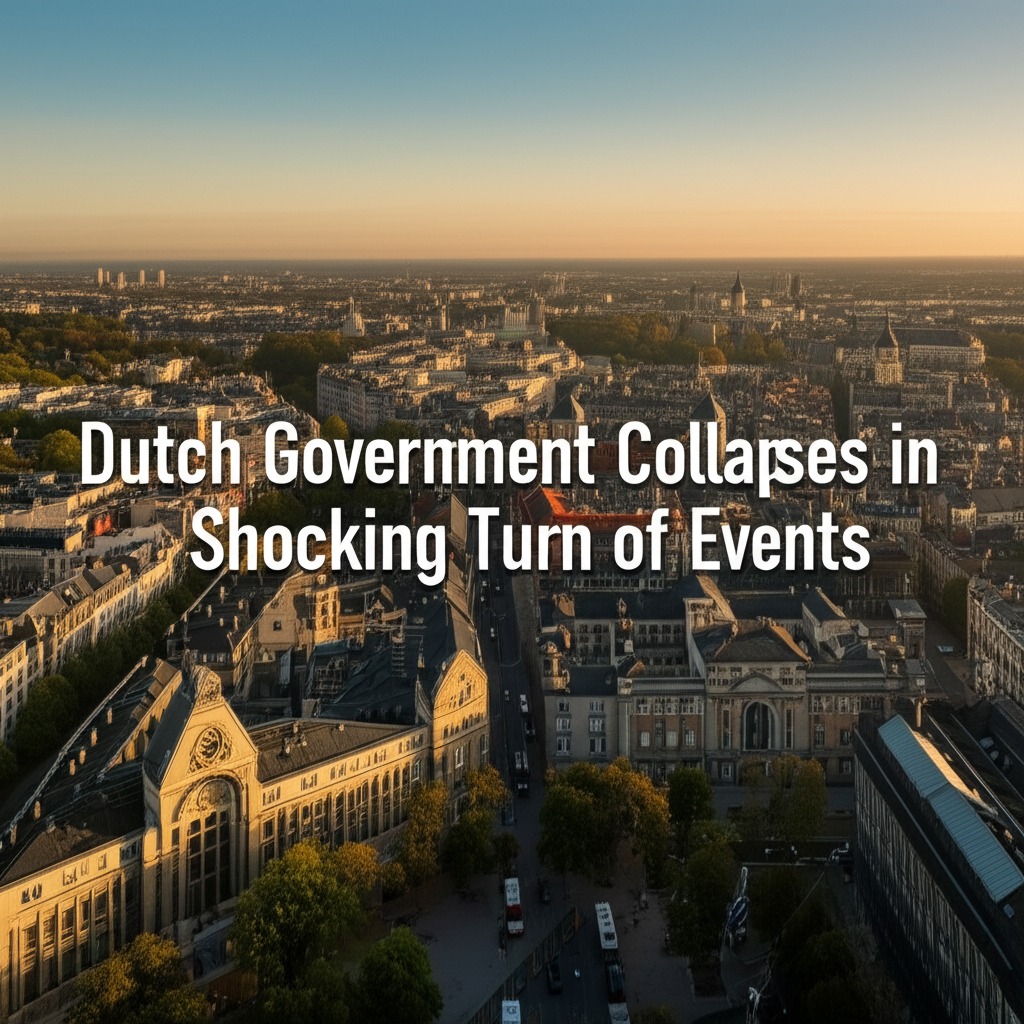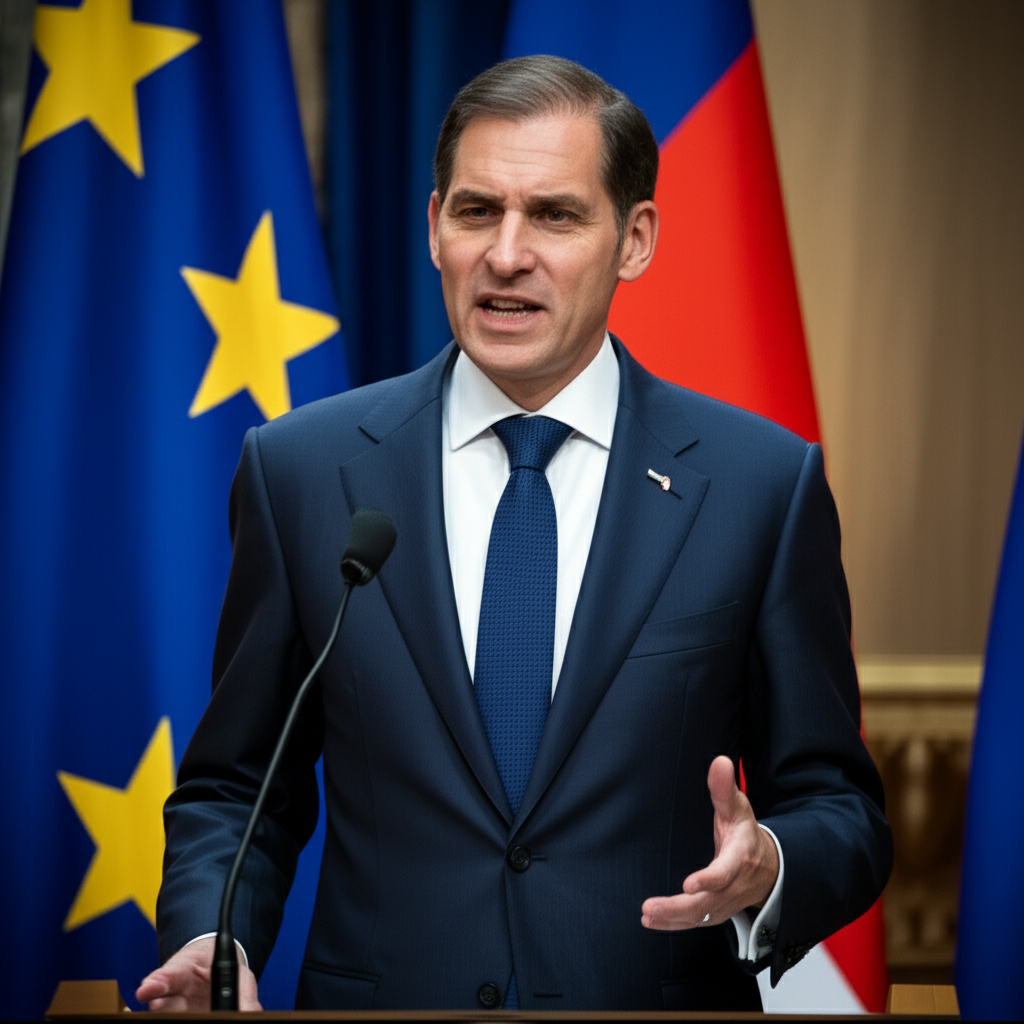Dutch Politics at a Crossroads

Geert Wilders Dutch:
Dutch Government Collapses in Shocking Turn of Events
The Dutch government has collapsed in a stunning move that has sent shockwaves throughout the country’s politics. Prime Minister Dick Schoof confirmed his resignation on Tuesday, citing Geert Wilders’ decision to withdraw his far-right party from the governing coalition as “irresponsible and unnecessary.” The collapse marks the end of an uneasy alliance between three parties, with Wilders’ PVV being the largest.
The Root Cause: A Row Over Migration
The row that led to the government’s collapse centered around Wilders’ demands for 10 additional asylum measures. These included a freeze on applications, halting the construction of reception centers, and limiting family reunification. While Schoof had made a last-minute appeal to coalition party leaders, Wilders walked out after just one minute, ending the coalition. Many of these proposals were already included in the coalition agreement, raising questions about the true motives behind Wilders’ decision.
Reactions from Political Leaders
The news has sparked

The Immediate Aftermath
The collapse of the government has minimal immediate economic impact, as the government had barely made any concrete plans during its 11-month tenure. However, this could change if the Netherlands returns to the polls in the autumn. With Wilders’ support for his Freedom Party continuing to drop in the polls, he may see the current situation as an opportunity to regain momentum.
A Question of Stability
As the Netherlands navigates this uncertain period, it’s clear that stability is key. Will Wilders’ decision to collapse the government pay off in the long run? Can his party overcome its recent polling slump and find common ground with other parties? The future of Dutch politics hangs in the balance, and only time will tell.
The Next Step: A Caretaker Government
For now, Schoof’s ministers will seek to remain in power in a caretaker capacity until a date is set for the Netherlands to return to the polls. With the NATO summit due to be held in the Hague at the end of the month, it’s clear that Wilders’ decision has significant implications for the country’s international relationships.
In conclusion, the collapse of the Dutch government marks a pivotal moment in the country’s politics. As we look ahead to the next election, one thing is certain: stability and pragmatism will be key to navigating the complex web of alliances and rivalries that define Dutch politics.